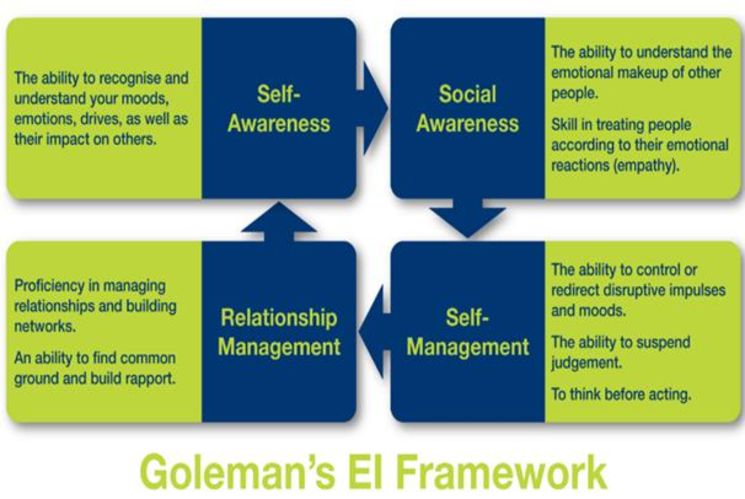- Filter By :
- Theoretical Questions
- Case Studies
-
Q. “Emotionally intelligent leadership is critical to crisis management.” Discuss how emotional intelligence can enhance administrative effectiveness in times of public emergencies and disasters. (250 words)
31 Jul, 2025 GS Paper 4 Theoretical QuestionsApproach :
- Briefly introduce the concept of Emotional Intelligence (EI).
- Discuss how emotional intelligence can enhance administrative effectiveness in crisis management.
- Conclude with a suitable way forward.
Introduction:
Emotional Intelligence (EI), as conceptualized by Daniel Goleman, refers to the ability to recognize, understand, and manage one’s own emotions as well as those of others. In public administration, especially during crises such as pandemics, natural disasters, or civil unrest, emotionally intelligent leadership becomes essential for navigating uncertainty, maintaining trust, and ensuring efficient yet compassionate responses.
Body :
Challenges in Crisis Management
- Heightened public anxiety often leads to panic, rumor-mongering, and distrust in authorities.
- Scarcity of resources like food, water, medicines, or shelter requires difficult prioritization.
- Rapid decision-making is essential under uncertainty, often with limited or evolving data.
- Multi-agency coordination (e.g., police, health, disaster relief) increases complexity and risks duplication or conflict.
- Emotional trauma among citizens and frontline responders hampers morale and productivity.
- Social tensions and inequities may intensify during crises, requiring sensitive handling.
How Emotional Intelligence Enhances Administrative Effectiveness
- Self-Awareness and Self-Regulation:
- Administrators with self-awareness reflect on emotions and avoid reactive decisions. Self-regulation ensures calm and decisive action.
- Example: During the 2021 Chamoli glacier disaster, the District Magistrate managed operations calmly despite public panic and media scrutiny.
- Empathy and Compassionate Governance:
- Empathy enables understanding of people’s trauma and promotes trust-building.
- Example: During the COVID-19 lockdown, IAS officers ensured food and shelter for migrant workers, reflecting empathetic governance.
- Motivation and Resilience:
- Motivated leaders inspire teams and sustain long-term relief operations through resilience.
- Example: In Kerala floods (2018), IAS officer Krishna Teja boosted volunteer morale, ensuring faster recovery.
- Effective Communication and Conflict Resolution:
- Emotionally intelligent leaders practice transparent communication and resolve tensions peacefully.
- Example: During Cyclone Phailin (2013), Odisha’s administration evacuated nearly 1 million people using proactive communication, minimizing panic and casualties.
- Post-Crisis Recovery and Healing:
- Emotional intelligence is vital in the recovery phase to rebuild trust, address trauma, and ensure that rehabilitation is humane and inclusive.
- Example: After the 2015 Nepal earthquake, Indian civil and military teams under Operation Maitri not only provided emergency aid but also coordinated with local authorities to rebuild schools, health centres, and basic infrastructure.
Conclusion :
Emotional intelligence is vital for ethical and compassionate leadership during crises. Mission Karmayogi offers a forward-looking approach by integrating emotional, behavioral, and ethical competencies into civil service training. As a way ahead, continuous field-based learning and feedback mechanisms should reinforce emotionally intelligent governance.
To get PDF version, Please click on "Print PDF" button.
Print PDF





